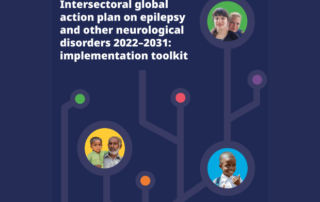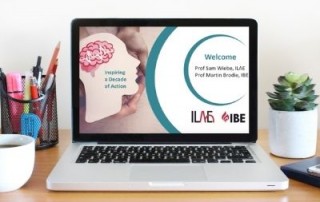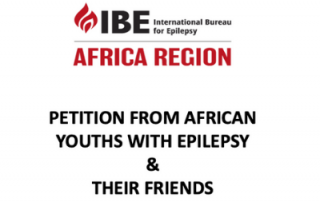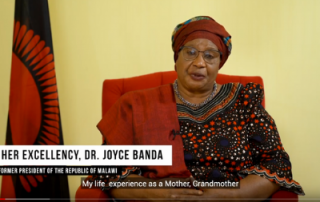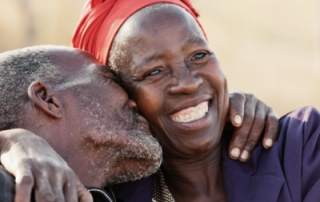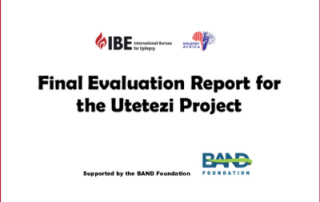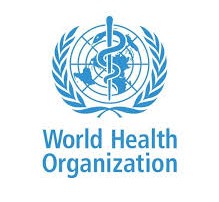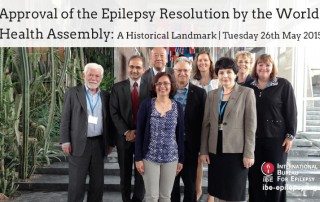WHO Launches Implementation Toolkit for IGAP
WHO has today published a new implementation toolkit for the Intersectoral global action plan on epilepsy and other neurological disorders (IGAP), outlining specific actions and resources for countries to improve services for people with neurological disorders in preparation for meeting IGAP’s targets for 2031. Neurological conditions are a primary cause of poor health and disability globally. The availability of services for these conditions is inadequate, particularly in low- and middle-income nations. Globally, individuals with neurological conditions face challenges in obtaining treatment and rehabilitation, and often encounter discrimination and violations of their human rights. IGAP, unanimously adopted by the Seventy-fifth World Health Assembly in 2022, outlines a comprehensive strategy to enhance services. This includes fortifying policies, systems, and services, increasing awareness, diminishing discrimination, and encouraging research and innovation. The plan establishes ten targets for countries to accomplish by 2031, with the backing of national and international partners and the WHO Secretariat. The implementation toolkit serves as a key resource for individuals engaged in the development of neurology policies and services. It is primarily intended for use by policy-makers at national and subnational levels as well as programme managers and service planners across various sectors such as health, social services, education, environment, finance, [...]

